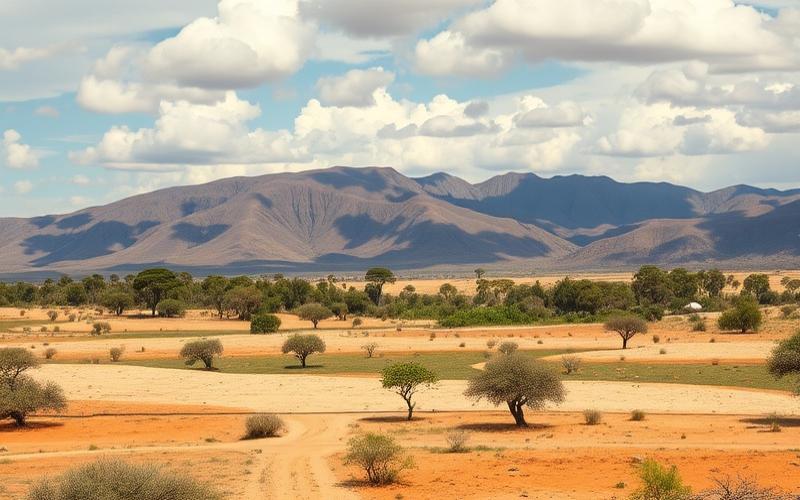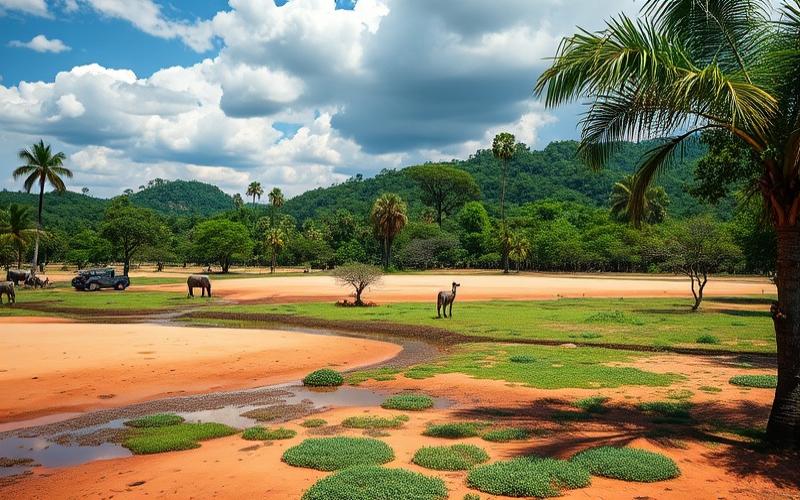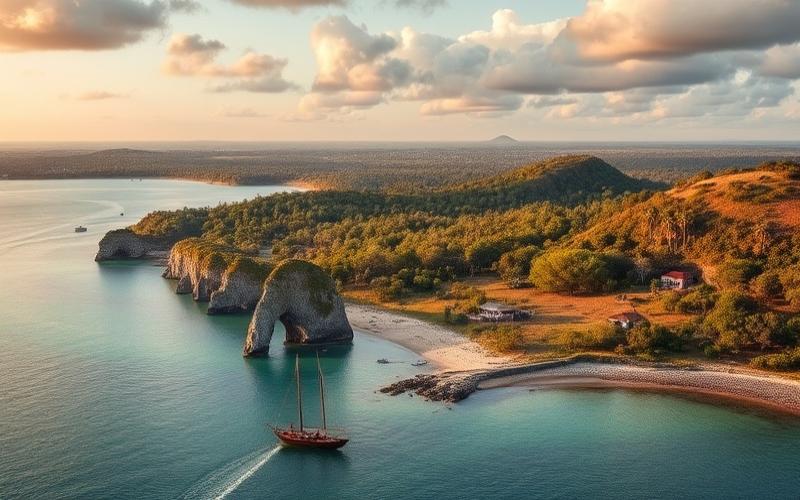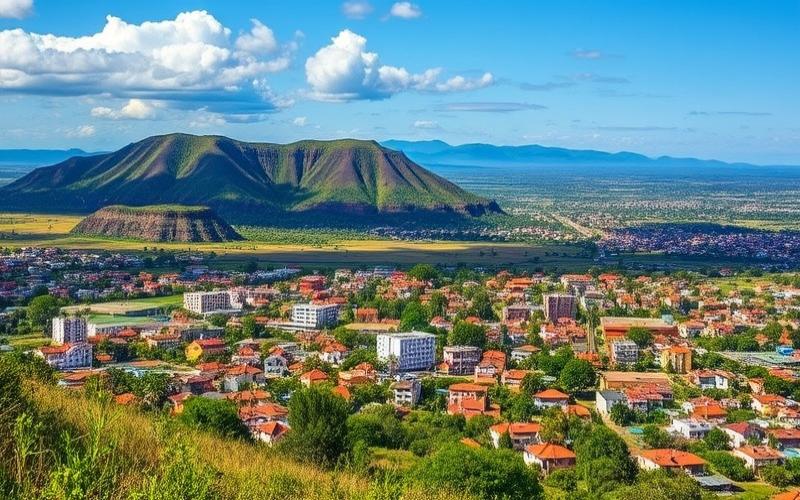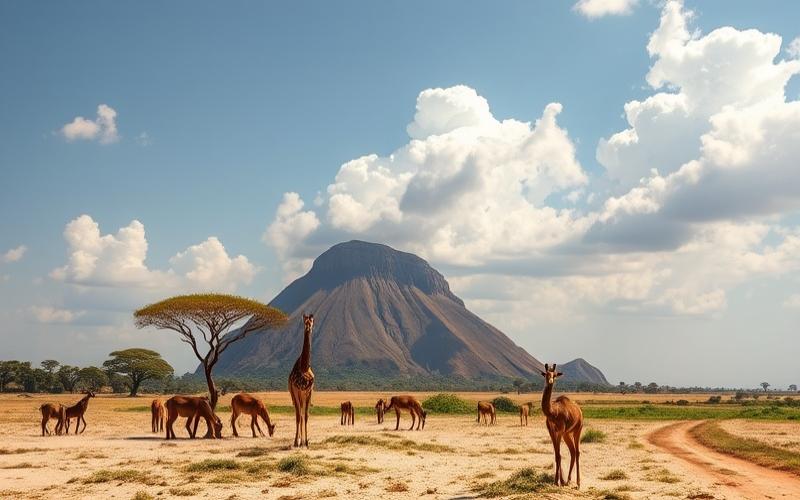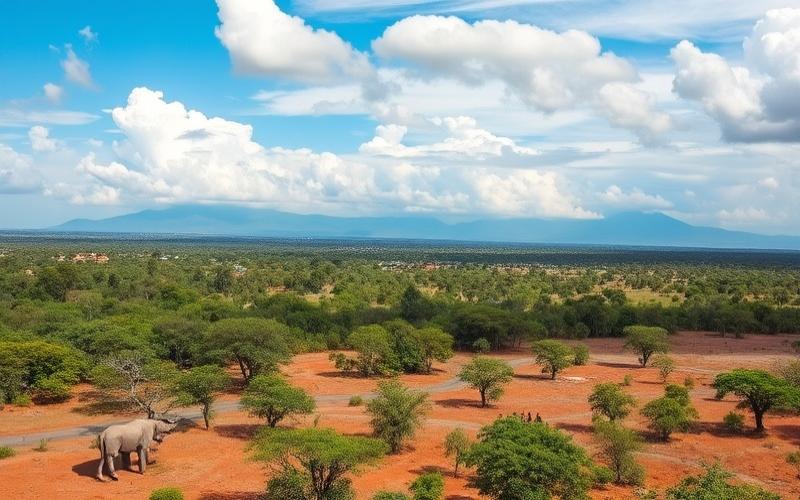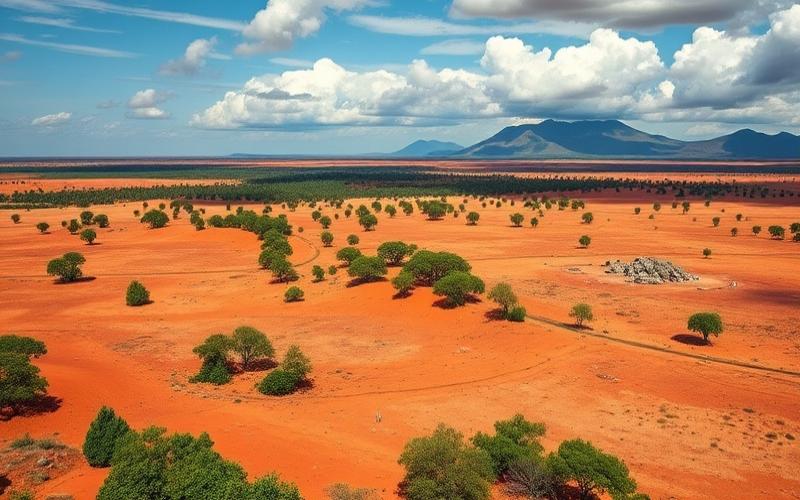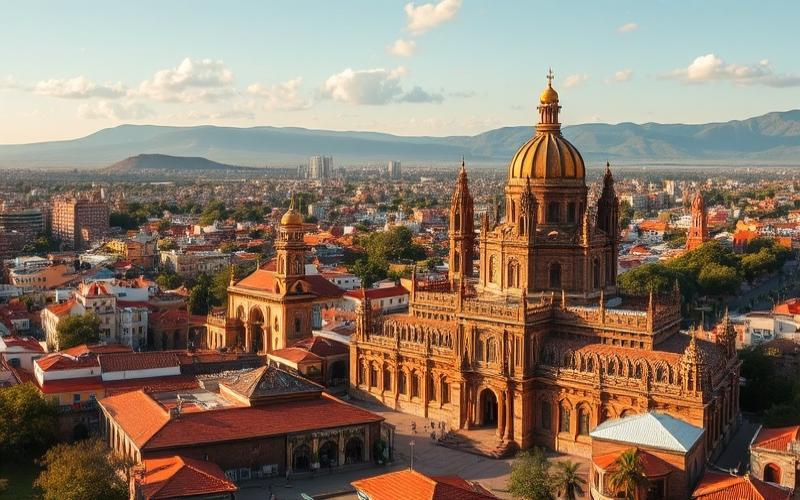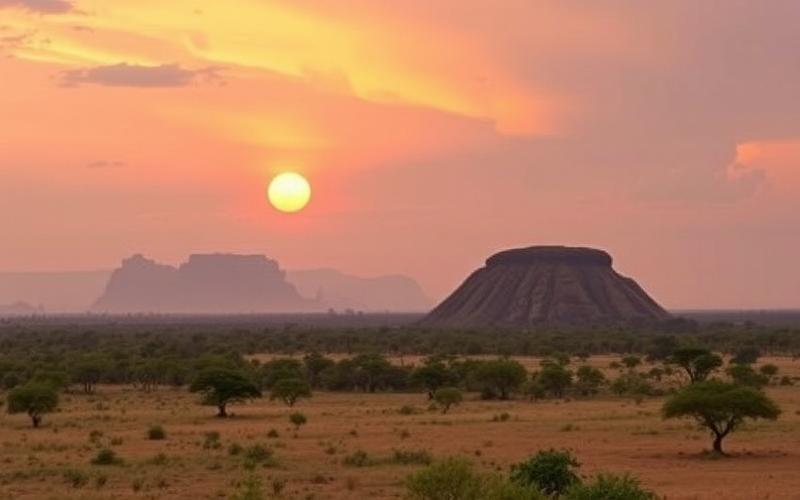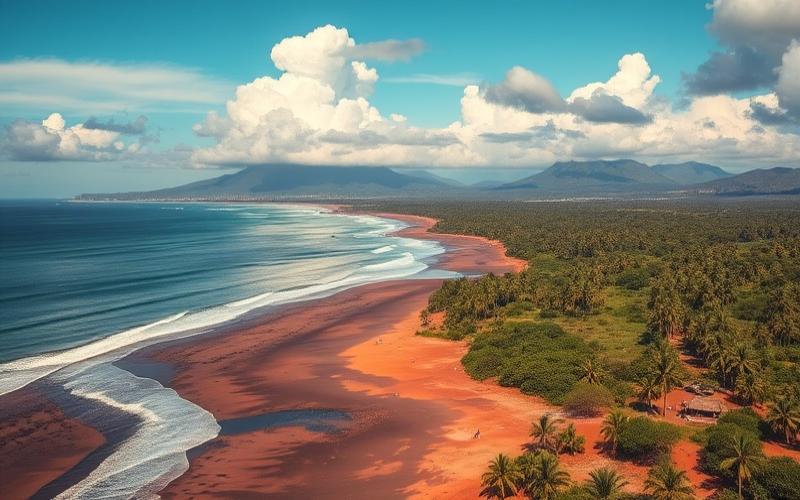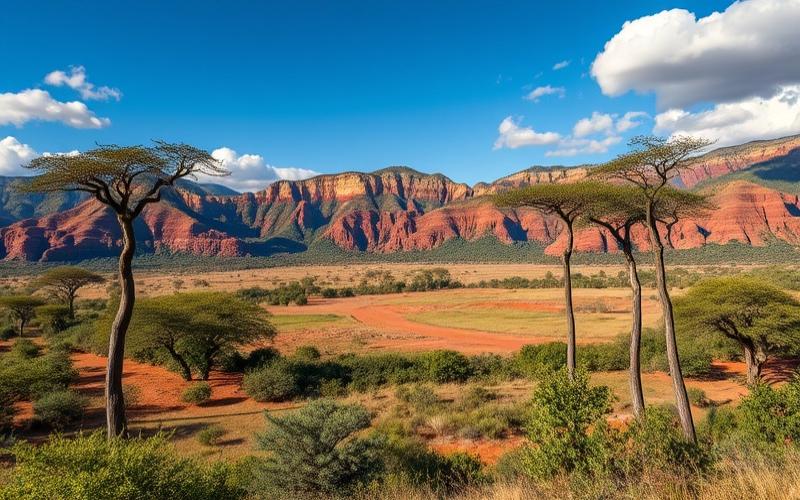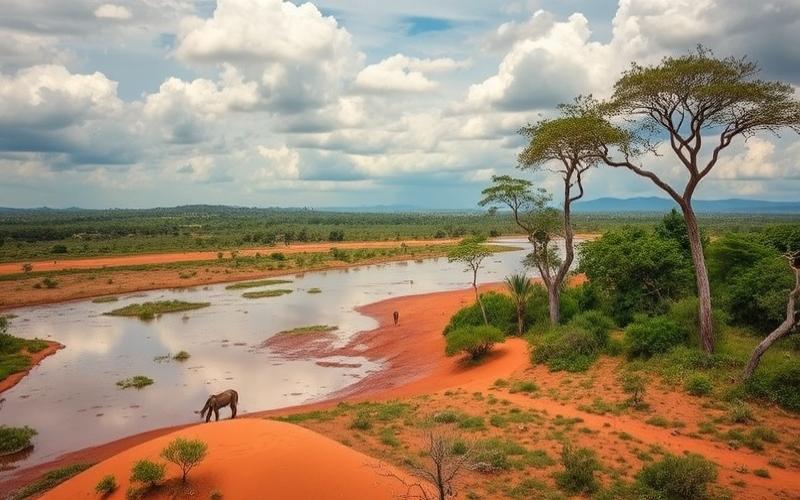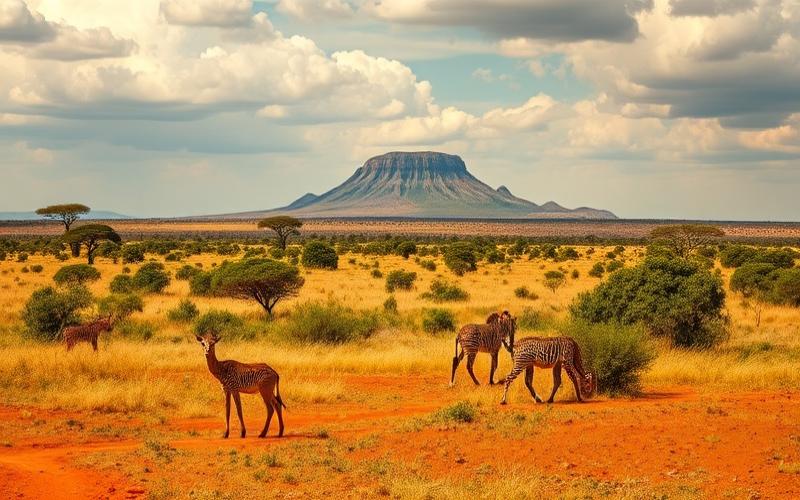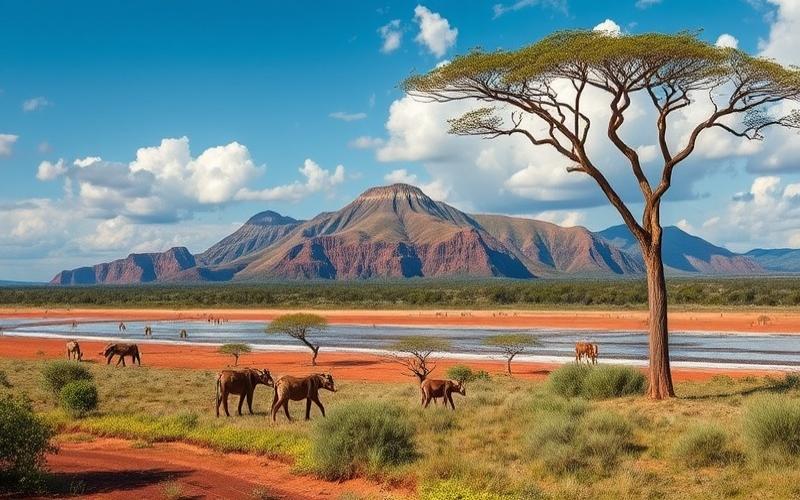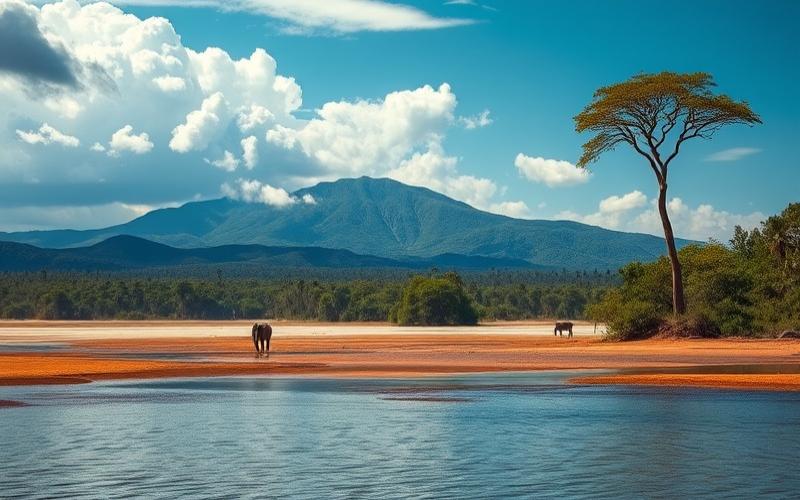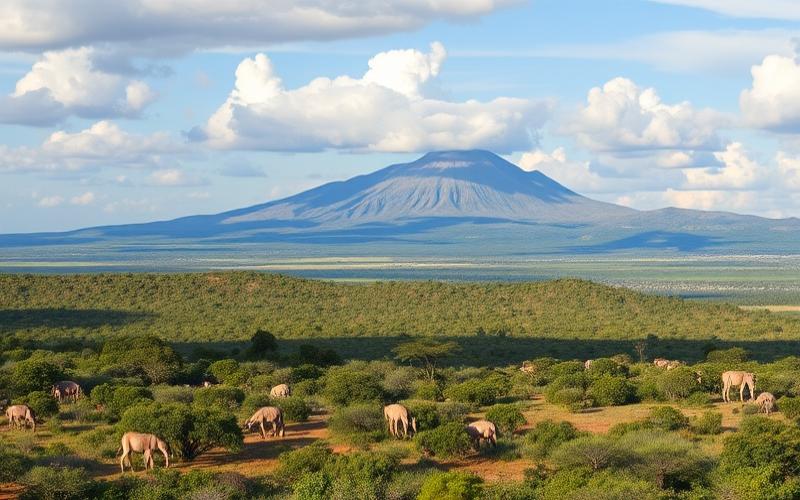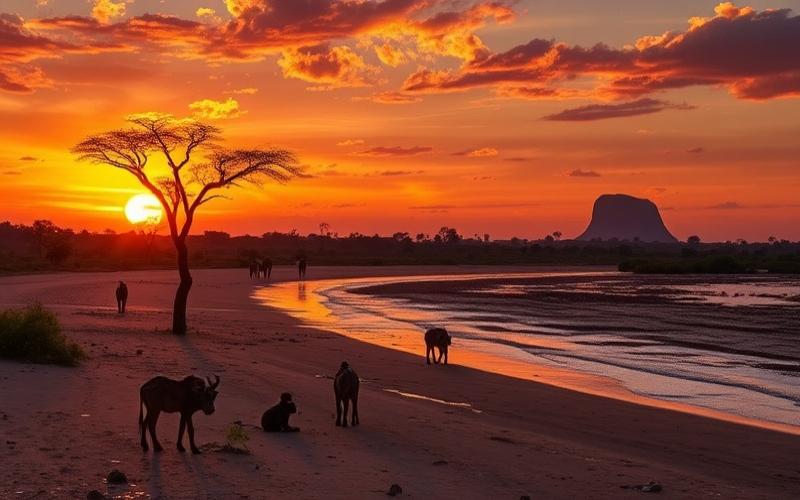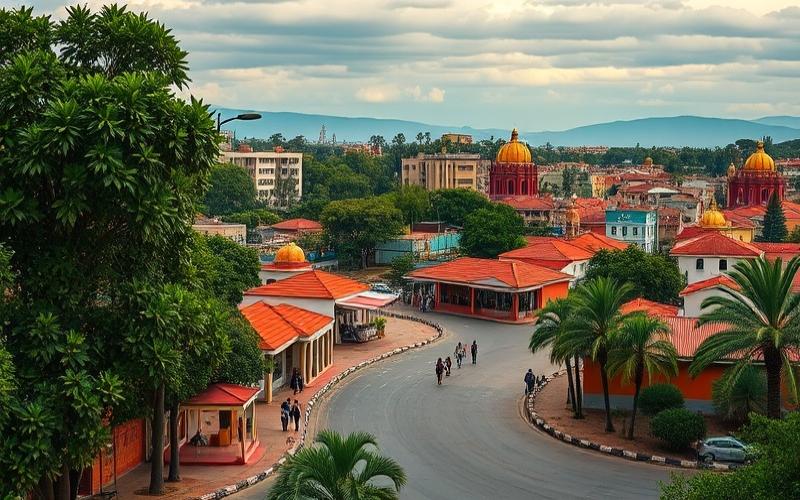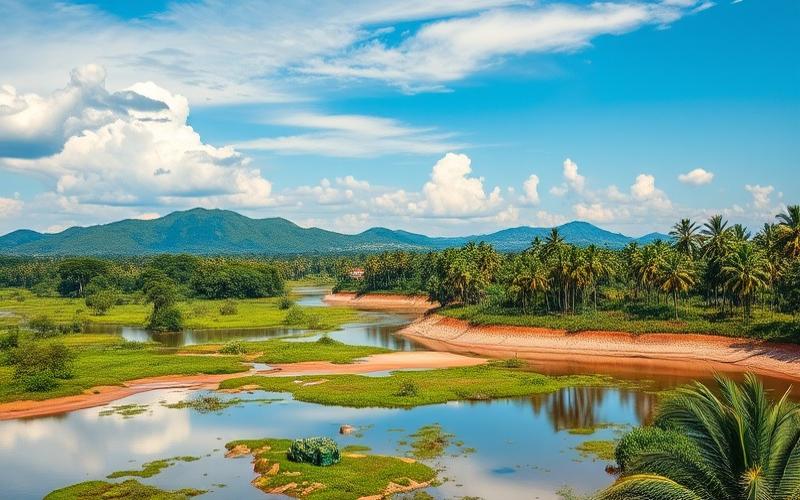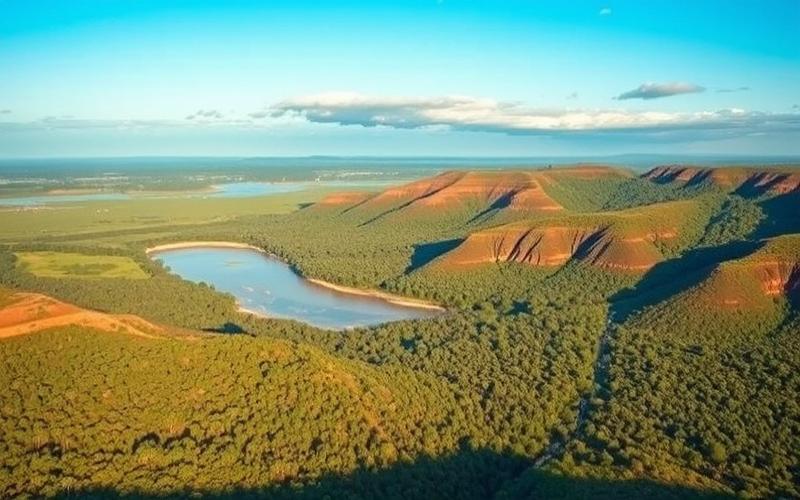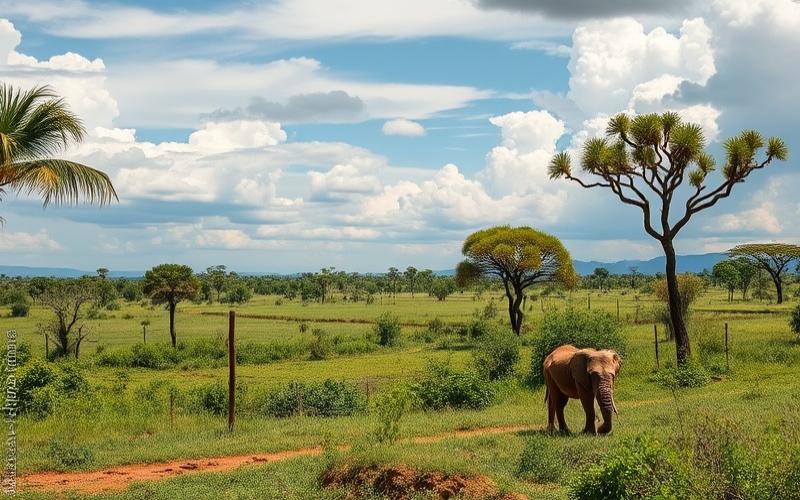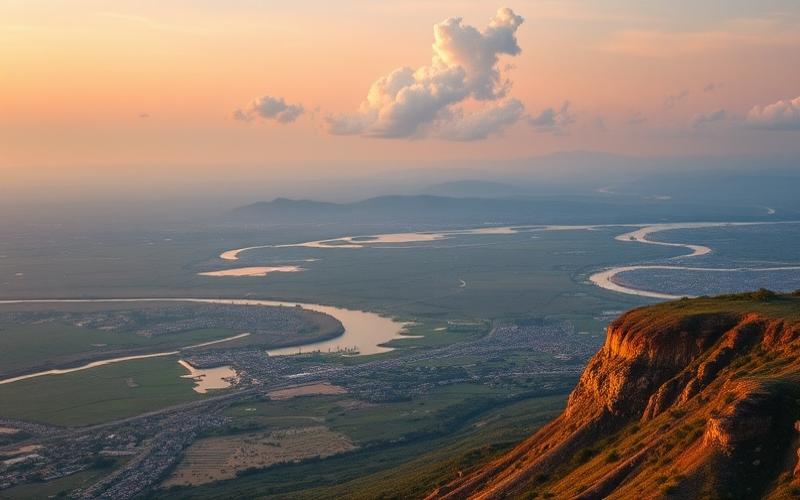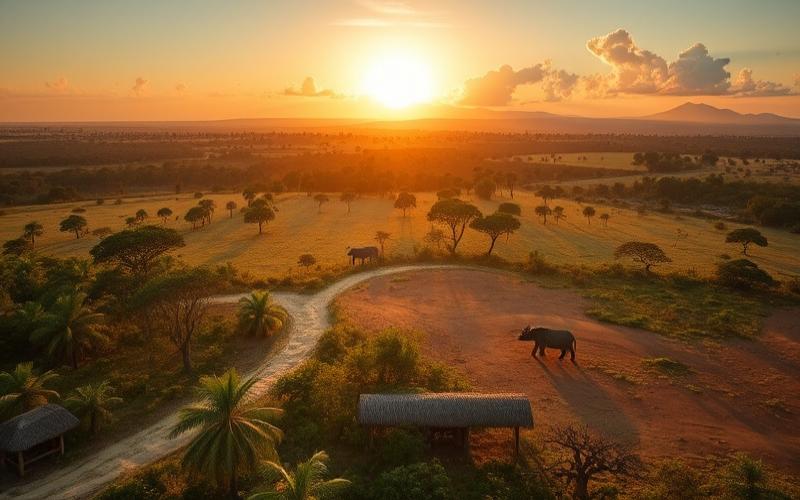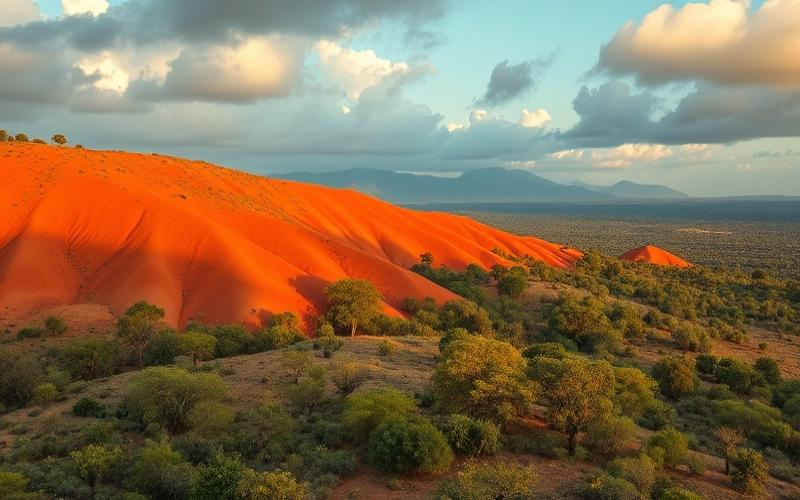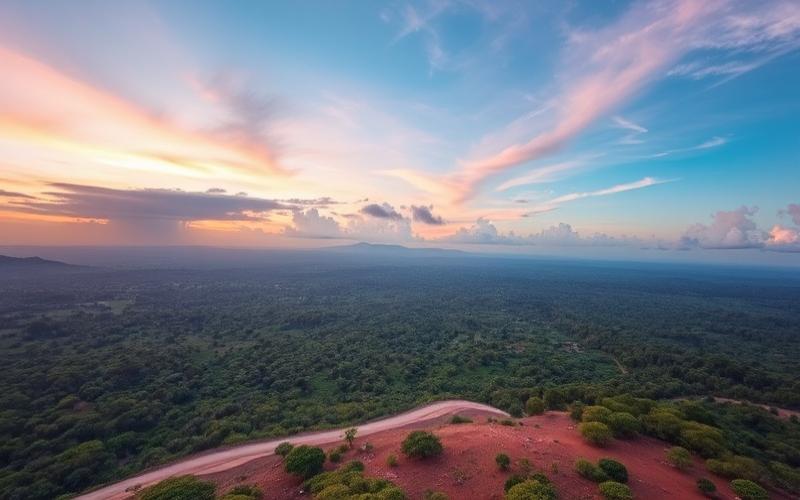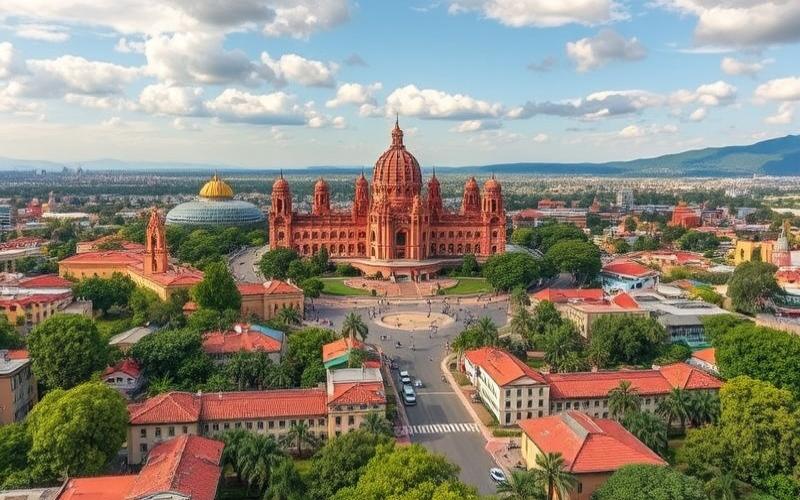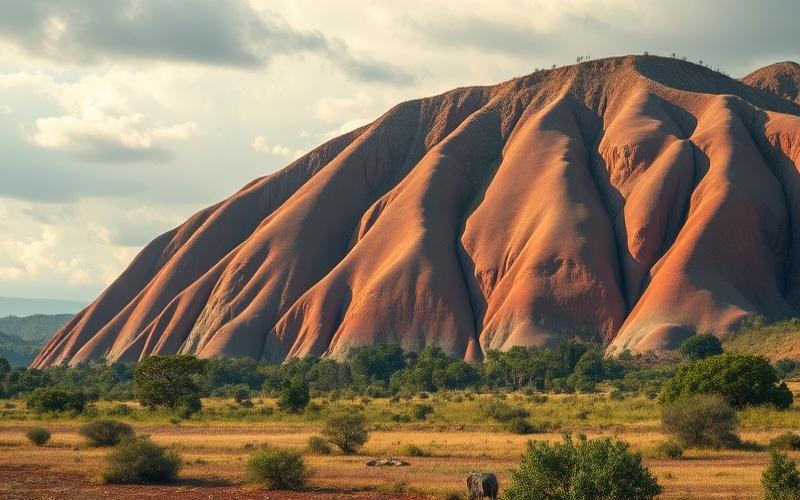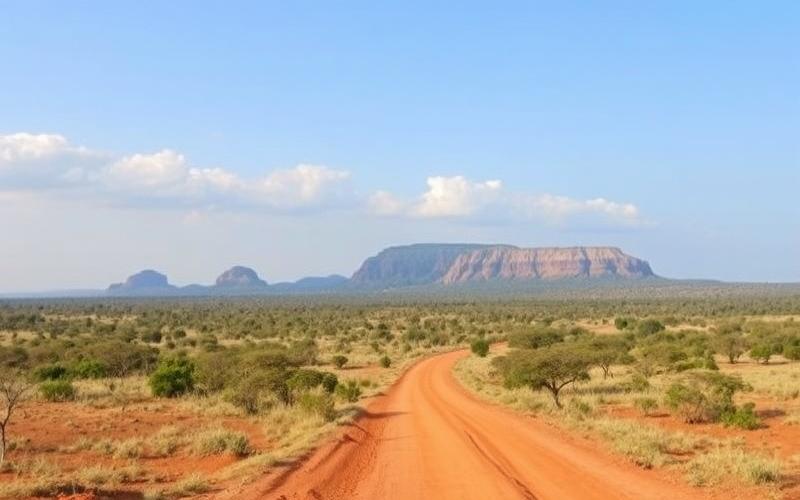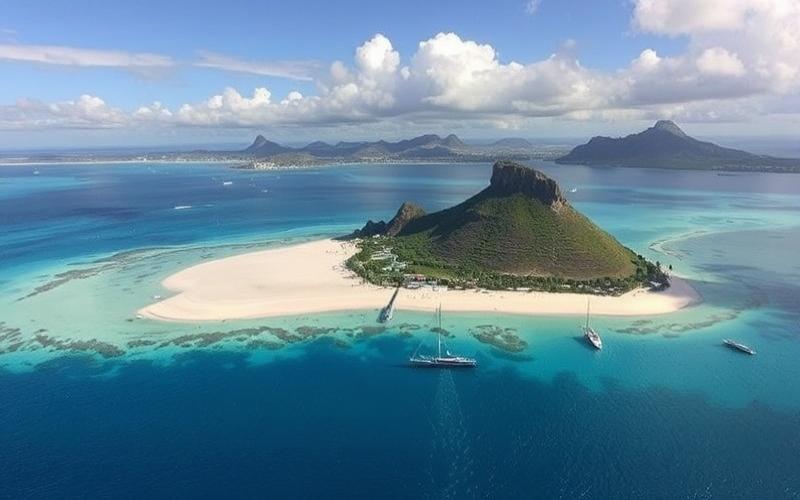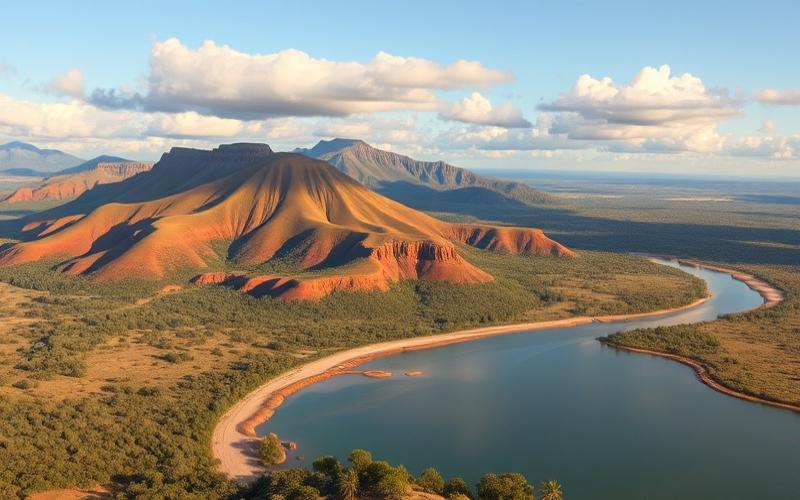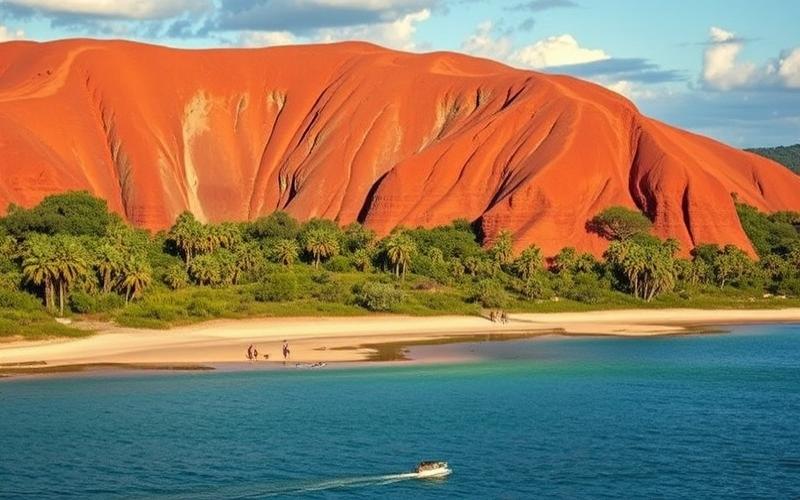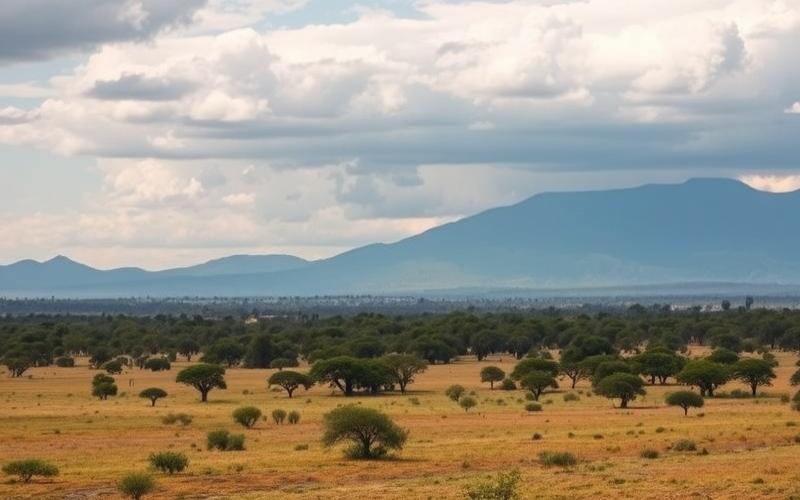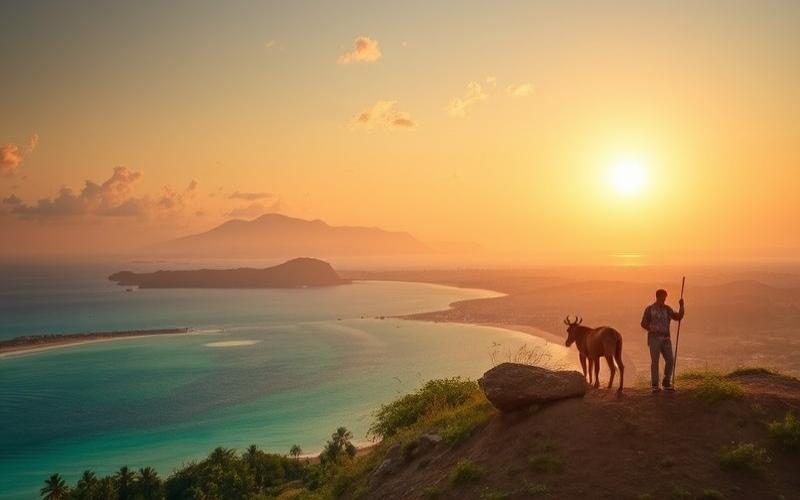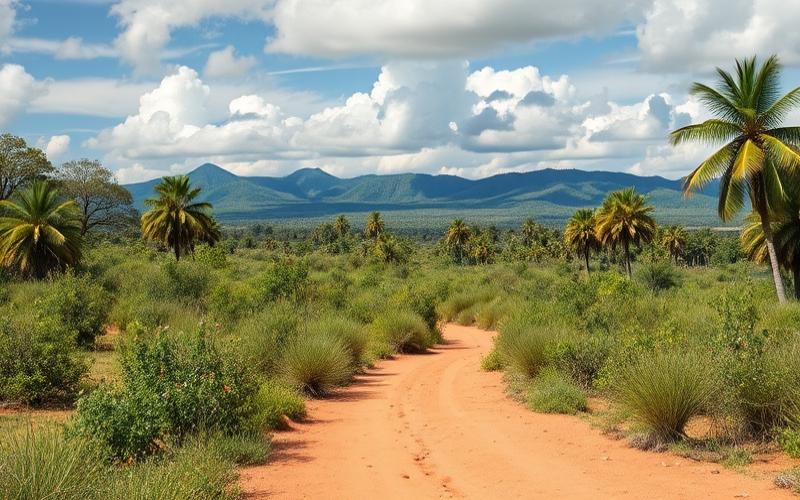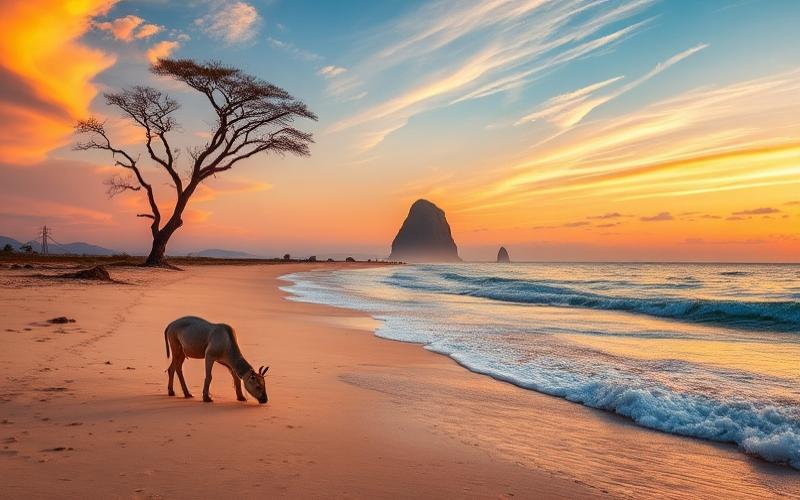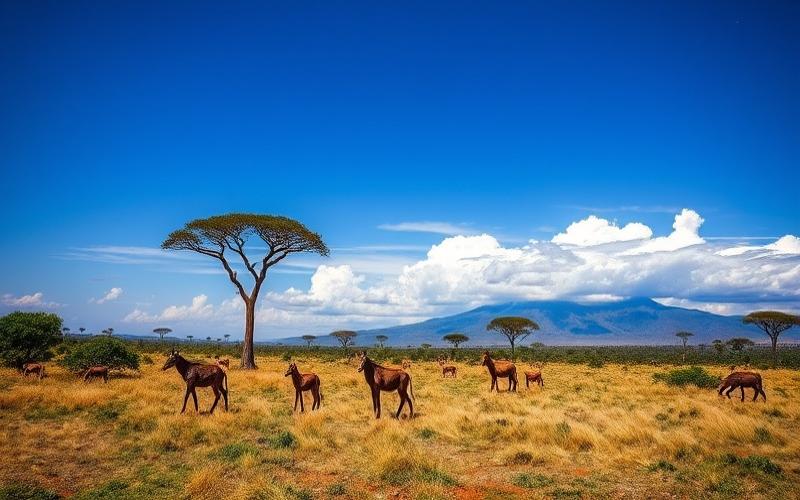
 Published on and written by Cyril Jarnias
Published on and written by Cyril Jarnias
Madagascar, nicknamed the treasure island, attracts more and more travelers seeking adventure and new experiences each year. This growing trend paves the way for numerous opportunities in the seasonal rental sector. Whether you’re an experienced investor or a property owner looking to generate income, the Malagasy short-term rental market offers considerable potential. Let’s explore together the key aspects of this promising sector and strategies for success in this field.
A Goldmine for Property Owners: The Advantages of Seasonal Rentals in Madagascar
Seasonal rentals in Madagascar offer numerous advantages for savvy property owners and investors. Here are the main strengths of this expanding market:
Consistently Growing Tourist Demand
Madagascar has experienced steady growth in tourist numbers for several years. Official figures from the Malagasy Ministry of Tourism indicate an 8% increase in visitors in 2024 compared to the previous year, with over 450,000 tourists welcomed. This upward trend is expected to continue in the coming years, offering a promising market for seasonal rentals.
Potentially High Income
Short-term rentals typically generate higher income than traditional annual leases. In Madagascar, average rates for seasonal rentals range between 50 and 200 euros per night depending on the property type and location. In popular tourist areas like Nosy Be or Sainte-Marie Island, occupancy rates can reach 70% annually, ensuring attractive profitability for property owners.
Flexibility in Property Use
Seasonal rentals offer the possibility of personally enjoying your property part of the year while generating income the rest of the time. This flexibility is particularly appreciated by investors wanting to combine rental returns with personal use of their Madagascar property.
Risk Diversification
By opting for short-term rentals, property owners reduce their dependence on a single tenant. This income source diversification allows for better management of real estate investment risks.
- High income potential
- Flexibility in property use
- Rental risk diversification
- Growing tourist market
Good to Know:
Coastal areas like Nosy Be, Sainte-Marie, or Fort-Dauphin offer the best opportunities for seasonal rentals in Madagascar, with occupancy rates potentially exceeding 70% annually.
Mastering the Art of Rental Management: Keys to Success in Madagascar
The success of a seasonal rental investment in Madagascar largely depends on effective property management. Here are the essential aspects to consider for optimizing your activity:
Choosing the Right Location
Location choice is crucial for your seasonal rental success. The most sought-after tourist areas in Madagascar include:
– Nosy Be and its paradise beaches – Sainte-Marie Island, renowned for whale watching – The Antananarivo region, starting point for many excursions – Andasibe-Mantadia National Park, famous for its lemurs – The coastal town of Fort-Dauphin, blending beaches and tropical forests
Optimizing Property Presentation and Equipment
To stand out in the competitive seasonal rental market, it’s essential to offer attractive and well-equipped accommodations. Here are some recommendations:
– Invest in local and authentic decoration, highlighting Malagasy craftsmanship – Equip the property with reliable internet connection, essential for modern travelers – Provide comfort amenities like air conditioning, particularly appreciated in Madagascar’s tropical climate – Offer additional services such as airport transfers or local guide arrangements
Ensuring Professional Management
Daily management of a seasonal rental can be time-consuming, especially from a distance. Several options are available to property owners:
– Direct management, ideal for those residing locally or having reliable local networks – Hiring a specialized rental management agency, which will handle all operational aspects for a commission (typically between 20-30% of rental income) – Using online management platforms, allowing automation of some administrative tasks and communication with travelers
Adopting Dynamic Pricing Strategy
To maximize your income, it’s recommended to adjust your rates based on seasonality and demand. In Madagascar, the high tourist season generally runs from July to August and December to January. During these periods, rates can be increased by 30-50% compared to the rest of the year.
Good to Know:
Using specialized management tools like Smoobu or Lodgify can greatly facilitate daily management of your seasonal rental in Madagascar, particularly for calendar synchronization and communication with travelers.
Although Madagascar’s seasonal rental market is rapidly developing, it’s essential to comply with local regulations to operate this activity legally. Here are the main points to know:
Obtaining an Operating License
All tourist rental activities in Madagascar require obtaining an operating license from the Ministry of Tourism. This license, valid for 5 years, is subject to certain conditions:
– Compliance with safety and hygiene standards – Conformity to quality standards defined by the ministry – Payment of an annual fee (amount varies by establishment category)
Tax Declaration and Taxation
Income from seasonal rentals is subject to income tax in Madagascar. The tax rate varies depending on the owner’s status (individual or company) and the amount of income generated. Consulting a local accountant is recommended to optimize your tax situation.
Compliance with Safety Standards
Seasonal rental property owners must comply with current safety standards, particularly regarding fire prevention and accessibility. Regular inspections may be conducted by competent authorities.
Traveler Registration
Malagasy legislation requires tourist accommodation providers to maintain a traveler register and regularly communicate this information to local authorities. This obligation aims to ensure tourist safety and facilitate national tourism statistics.
- Obtaining a tourist operating license
- Tax declaration of rental income
- Compliance with safety and hygiene standards
- Maintaining a traveler register
Good to Know:
Compliance with local regulations may seem complex, but it’s essential for sustaining your seasonal rental activity in Madagascar. Don’t hesitate to consult a local legal advisor to assist you with these procedures.
Conclusion: A Promising Market to Seize with Caution
Seasonal rentals in Madagascar offer attractive prospects for investors and property owners. With steadily growing tourist demand and exceptional natural assets, the Red Island presents considerable potential for this type of activity. However, success in this field requires a professional approach and good understanding of local specificities.
By adopting an effective management strategy, carefully choosing your property location, and strictly complying with current regulations, you’ll maximize your chances of success in this emerging market. Seasonal rentals in Madagascar can thus become a lucrative income source while contributing to the tourism development of this multifaceted island.
Remember that every investment carries risks and thorough local market research remains essential before starting. With proper precautions and long-term commitment, seasonal rentals in Madagascar can prove to be a particularly interesting investment opportunity.
Disclaimer: The information provided on this website is for informational purposes only and does not constitute financial, legal, or professional advice. We encourage you to consult qualified experts before making any investment, real estate, or expatriation decisions. Although we strive to maintain up-to-date and accurate information, we do not guarantee the completeness, accuracy, or timeliness of the proposed content. As investment and expatriation involve risks, we disclaim any liability for potential losses or damages arising from the use of this site. Your use of this site confirms your acceptance of these terms and your understanding of the associated risks.

